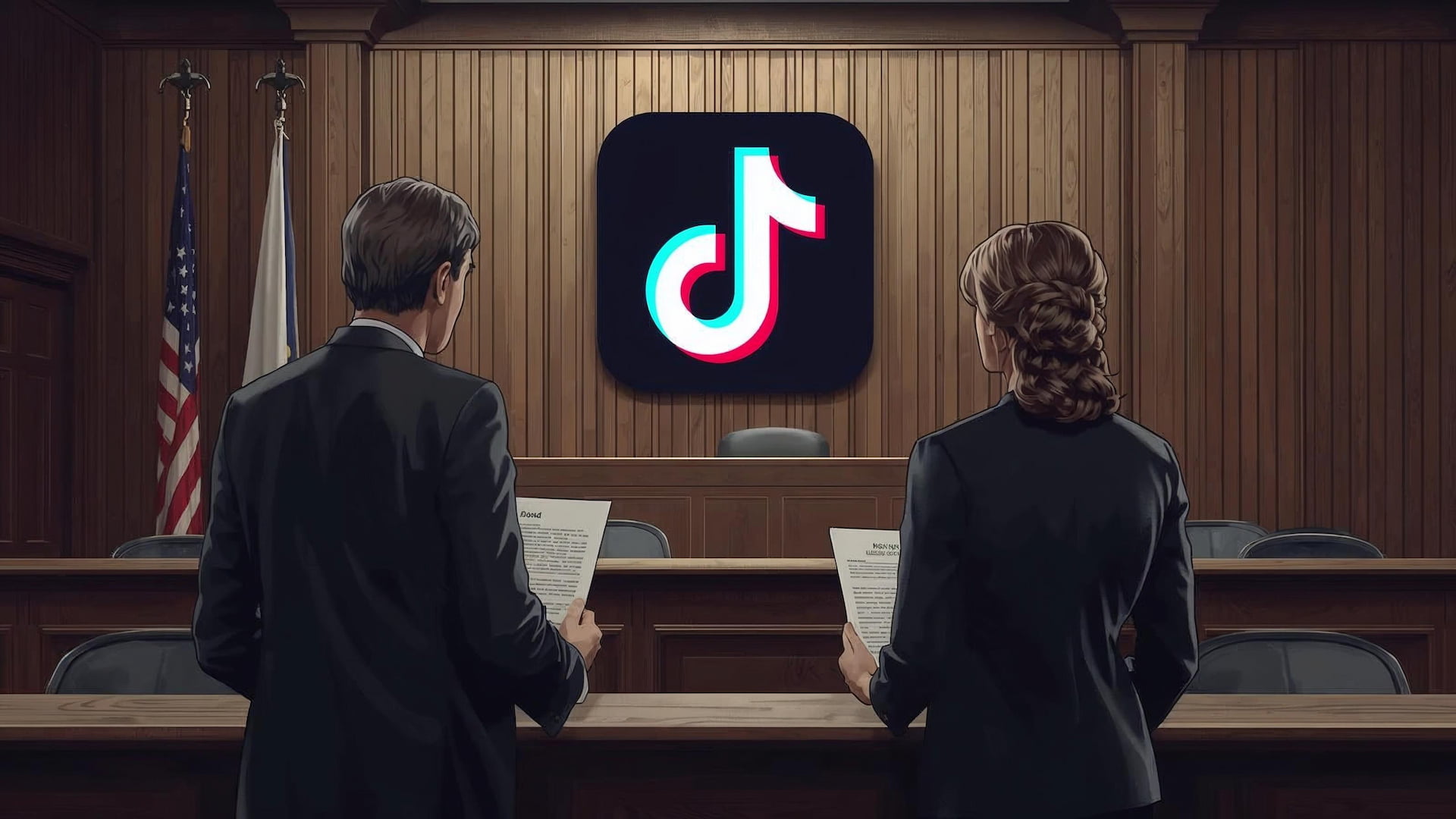Digital violence targeting women and girls is spreading across Europe, according to new research highlighting cyberstalking, surveillance and online threats as the most common reported abuses.
Digital tools have expanded opportunities for communication, yet online environments increasingly expose women to persistent harassment instead of safety and accountability.
Image-based abuse has grown sharply, with deepfake pornography now dominating synthetic sexual content and almost exclusively targeting women.
More than half of European countries report rising cases of non-consensual intimate image sharing, while national data show women forming a clear majority of cyberstalking and online threat victims.
Algorithmic systems accelerate the circulation of misogynistic material, creating enclosed digital spaces where abuse is normalised rather than challenged. Researchers warn that automated recommendation mechanisms can quickly spread harmful narratives, particularly among younger audiences.
Recent generative technologies have further intensified concerns by enabling sexualised image manipulation with limited safeguards.
Investigations into chatbot-generated images prompted new restrictions, yet women’s rights groups argue that enforcement and prevention still lag behind the scale of online harm.
Would you like to learn more about AI, tech and digital diplomacy? If so, ask our Diplo chatbot!










